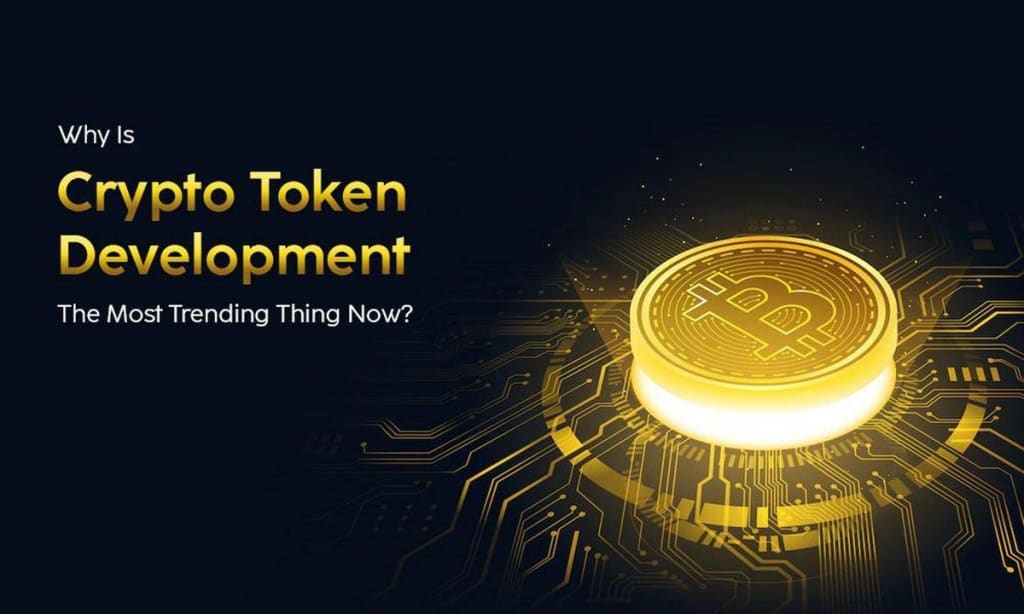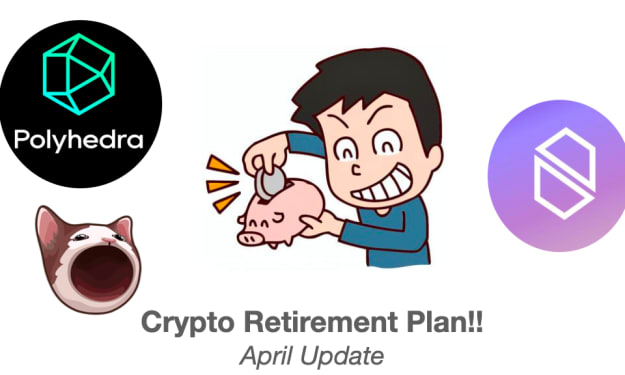Token Development: Unlocking the Power of Digital Assets
Token Development

Token development plays a pivotal role in the world of blockchain technology, enabling businesses and individuals to create and manage their own digital assets. Tokens have emerged as a powerful tool for representing and transferring value within the decentralized ecosystem. In this blog post, we will delve into the concept of token development, its significance in the blockchain space, and the key steps involved in creating and deploying tokens. Join us as we explore the exciting world of token development!
Definition and Types: Tokens are digital assets that can represent various forms of value, such as currency, ownership rights, or access to services. They can be categorized into utility tokens, security tokens, and asset-backed tokens, each serving different purposes within the blockchain ecosystem.
Token Development Process
Identifying Use Case: Before embarking on token development, it is crucial to define the purpose and use case of the token. This involves identifying the problem it aims to solve, the target audience, and the desired functionalities.
Token Standards: Choosing the appropriate token standard is essential for compatibility and interoperability. The most widely used token standards are ERC-20 (Ethereum), BEP-20 (Binance Smart Chain), and TRC-20 (TRON).
Smart Contract Development: Tokens are typically built on blockchain platforms that support smart contracts. Developing a smart contract involves defining token parameters, such as supply, name, symbol, and functionalities like transfer and balance management.
Token Deployment: Once the smart contract is developed, it needs to be deployed on the chosen blockchain network. This step involves interacting with the blockchain through tools like MetaMask or Remix to deploy the contract and make it accessible to users.
Tokenomics and Governance
Token Distribution: Determining the token distribution model is crucial for ensuring fairness and incentivizing participation. Common distribution methods include initial coin offerings (ICOs), airdrops, or token sales.
Token Utility and Value: Defining the utility and value of the token is essential for driving adoption and creating demand. Tokens can be used for accessing services, voting rights, or as a means of exchange within a specific ecosystem.
Governance Mechanisms: Establishing governance mechanisms ensures the smooth operation and evolution of the token ecosystem. This can include voting systems, community governance, or decentralized autonomous organizations (DAOs).
Security and Compliance
Auditing and Testing: Conducting thorough security audits and testing of the token smart contract is crucial to identify and mitigate vulnerabilities or potential exploits.
Regulatory Compliance: Depending on the jurisdiction and the nature of the token, compliance with relevant regulations, such as securities laws or anti-money laundering (AML) regulations, may be necessary.
Token Development Tools and Platforms
Ethereum: Ethereum is the most popular blockchain platform for token development, offering a wide range of tools and frameworks like Solidity, Truffle, and OpenZeppelin.
Binance Smart Chain (BSC): BSC provides an alternative to Ethereum, offering faster and cheaper transactions. Tools like Remix and Binance Chain Wallet can be used for token development on BSC.
Other Platforms: Besides Ethereum and BSC, other blockchain platforms like TRON, Polkadot, and Cardano also offer token development capabilities.Token Integration and Interoperability:
Cross-Chain Compatibility: With the rise of multiple blockchain networks, ensuring interoperability between different chains becomes crucial. Token developers can explore solutions like bridges or interoperability protocols to enable seamless transfer of tokens across different blockchains.
Decentralized Exchanges (DEXs): Integrating tokens with decentralized exchanges allows for easy trading and liquidity provision. Developers can consider listing their tokens on popular DEXs like Uniswap, PancakeSwap, or SushiSwap.
Token Marketing and Community Building
Branding and Messaging: Developing a strong brand identity and crafting compelling messaging around the token's value proposition is essential for attracting users and investors.
Community Engagement: Building an active and engaged community around the token can help drive adoption and create a network effect. This can be achieved through social media channels, forums, and community events.
Partnerships and Collaborations: Collaborating with other projects, influencers, or industry players can help increase visibility and credibility for the token. Strategic partnerships can also open up new opportunities for token utility and integration.
Token Lifecycle Management
Token Upgrades and Migrations: As blockchain technology evolves, token developers may need to upgrade or migrate their tokens to newer standards or networks. This requires careful planning and communication with token holders to ensure a smooth transition.
Token Burn and Supply Management: Token developers may implement mechanisms to burn or reduce token supply over time to create scarcity and increase value. This can be done through token buybacks or token burning events.
Token Metrics and Analytics: Monitoring token metrics, such as trading volume, liquidity, and token holder distribution, is crucial for understanding the token's performance and making informed decisions.
Future Trends and Challenges in Token Development
Non-Fungible Tokens (NFTs): NFTs have gained significant attention, enabling the tokenization of unique digital assets like art, collectibles, and virtual real estate. Exploring NFT development and integration can open up new opportunities for token creators.
Scalability and Gas Fees: As blockchain networks face scalability challenges, developers need to consider solutions like layer 2 scaling or alternative blockchains to mitigate high gas fees and congestion issues.
Regulatory Landscape: The regulatory environment surrounding tokens and cryptocurrencies is evolving. Token developers must stay updated on legal requirements and compliance obligations to ensure a smooth operation and avoid legal pitfalls.Conclusion:
Conclusion
Token development has revolutionized the way we perceive and interact with digital assets. By leveraging blockchain technology, businesses and individuals can create their own tokens, enabling new economic models and unlocking innovative possibilities. Understanding the token development process, tokenomics, security considerations, and available tools and platforms is crucial for successfully navigating the world of digital assets. As the blockchain ecosystem continues to evolve, token development will play a pivotal role in shaping the future of decentralized finance and beyond.





Comments
There are no comments for this story
Be the first to respond and start the conversation.